Backup and Recovery Hosting India is no longer an optional feature, it's a survival strategy. In 2025, when cyberattacks, accidental deletions, and natural disasters can cripple digital businesses overnight, the importance of reliable automatic backups and quick data restore options cannot be overstated.
Think about it: your website isn’t just a bunch of files, it's your brand, your customer relationships, your transactions, and your credibility. One technical glitch, one ransomware hit, or one server crash could erase years of effort.
This is exactly why hosting companies in India are now investing heavily in secure backups, cloud-based storage, and disaster recovery India frameworks. These systems ensure that even if your website goes down, your business doesn’t.
Why Data Loss Is a Real Threat in 2025
Let’s face it data loss doesn’t just happen to big corporations; even small websites and startups are at risk. Studies suggest that over 60% of small businesses that suffer significant data loss shut down within six months. That’s not because of lack of effort, it's because recovery without proper systems is nearly impossible.
Here are some common culprits:
- Human error: Accidental deletion of files, wrong database updates, or misconfigured servers.
- Cyberattacks: Ransomware and malware attacks have grown over 300% in India since 2022.
- Hardware failures: Even the most advanced SSDs have limits; when they fail, recovery becomes expensive.
- Software glitches: CMS platforms like WordPress or Magento can sometimes conflict with plugins or updates.
- Natural disasters: Floods, fires, and power outages still disrupt data centers.
Having Backup and Recovery Hosting India in place ensures that these disasters don’t lead to downtime or data loss. You can quickly restore your data with automatic backups instead of starting from scratch.
Key Components of a Strong Backup System
A great hosting plan with backup and recovery features includes several crucial components:
1. Backup Frequency
A good provider doesn’t just back up once a week; they do it daily or even hourly. In 2025, many Indian hosting providers offer real-time or near-real-time backups, ensuring minimal data loss.
2. Storage Location
Reliable hosts store your data both on-site and off-site. This hybrid model means that even if the primary data center goes down, you can still recover from a remote location via cloud backups.
3. Data Restore Options
A modern data restore system should be flexible. You might need to restore just a single file, an email, or the entire website. With tools like JetBackup or Acronis integrated into hosting dashboards, recovery is now often just one click away.
4. Backup Retention Period
How long your backups are stored matters. Some hosts offer 7 day backups; others extend up to 30 or even 90 days. In India, premium managed hosting providers now give customizable retention periods for better protection.
5. Encryption and Security
Without secure backups, even your saved data can be compromised. Hosting providers in India now use AES-256 encryption for backups, along with secure transfer protocols (SFTP, HTTPS) to prevent interception.
“Your data is the lifeblood of your digital business. Backups aren’t just about recovery they’re about resilience.”
Types of Backups Explained
There’s no one-size-fits-all backup approach. Let’s break down the types of backups you’ll encounter when choosing a hosting provider.
1. Full Backup
This creates a complete copy of your entire website and database. It’s reliable but time consuming and uses more storage.
2. Incremental Backup
Only backs up data that has changed since the last backup. Faster and storage efficient ideal for active websites.
3. Differential Backup
Similar to incremental, but always based on the last full backup. It strikes a balance between speed and security.
4. Cloud Backup
The most popular in Backup and Recovery Hosting India today. Cloud backups automatically store your data on secure remote servers like AWS, Google Cloud, or private Indian data centers.
5. Snapshot Backup
These are instant backups capturing the exact state of your system at a moment in time perfect for quick rollbacks before major updates.
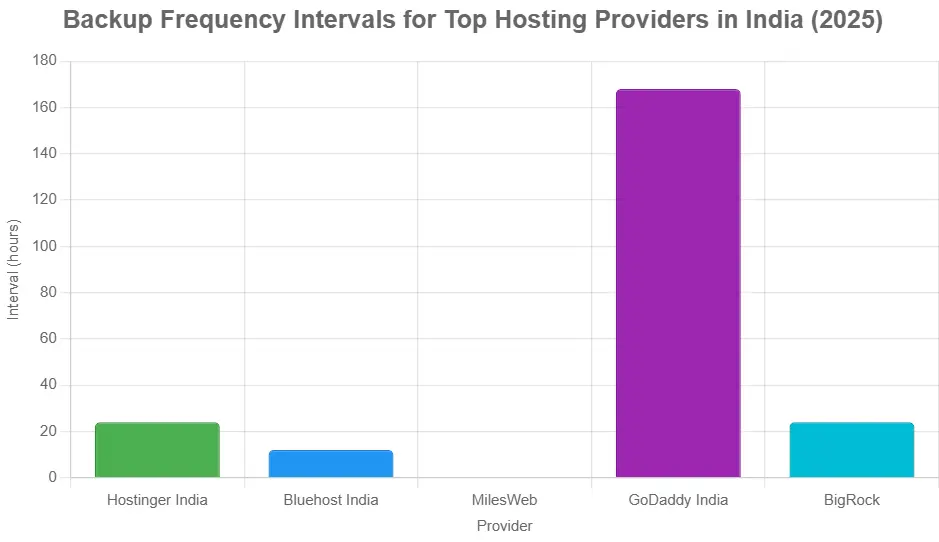
How Hosting Providers in India Handle Backup and Recovery
The Indian hosting ecosystem has evolved rapidly in the past few years. Let’s look at how providers are implementing smart backup and recovery hosting solutions.
1. Automated Systems
No more manual scripts. Companies now use automatic backups that run in the background without slowing down performance.
2. Multi-Layer Data Storage
Leading providers like Hostinger, Bluehost India, and MilesWeb use multi-location data replication to ensure redundancy and fast restoration.
3. Disaster Recovery India Infrastructure
Top-tier data centers in India now use failover clustering and disaster recovery plans that can restore full operations within minutes after an outage.
4. Customer Dashboard Access
Most hosts now let users manage and restore backups through an easy web interface, even scheduling backup frequency.
Choosing the Right Backup and Recovery Hosting in India
Selecting the right Backup and Recovery Hosting India provider in 2025 can feel overwhelming. With hundreds of companies claiming “secure backups” and “disaster-proof” services, how do you separate the marketing noise from actual reliability?
Let’s simplify this. Before you commit to a hosting plan, check for the following features.
1. Automatic Backups
Automation is key. If your host doesn’t provide automatic backups, you’ll spend unnecessary time doing it manually or worse, forget entirely. Reliable hosts schedule backups daily or hourly, depending on your website’s size and update frequency.
2. Easy Data Restore Options
When disaster strikes, time is everything. Check how quickly you can restore your data. A one-click restore feature saves hours and minimizes downtime. Some hosts even allow partial recovery (like restoring only your database or one specific file).
3. Offsite and Cloud Backups
In 2025, cloud backups are a must. They ensure that even if your primary server fails, your data lives safely in another geographical location. Choose a provider offering both on-premise and offsite cloud storage for true redundancy.
4. Encryption and Data Security
Your backups should be encrypted both during transfer and at rest. The best secure backup systems use end-to-end encryption and multi-factor authentication to prevent unauthorized access.
5. Disaster Recovery Solutions in India
A proper disaster recovery India plan includes real-time replication, server failover, and quick rerouting mechanisms. Some Indian hosts have built their own data centers with advanced DR capabilities, while others integrate with global networks for seamless continuity.
The Role of Disaster Recovery in India’s Hosting Ecosystem
India’s hosting industry has matured dramatically in recent years. As more businesses move online, the need for disaster recovery solutions has become mission-critical.
Imagine a major data center in Mumbai going offline due to power failure. Without disaster recovery India protocols, thousands of websites could go dark. But with replication to backup servers in Delhi or Bengaluru, downtime becomes almost negligible.
Here’s how advanced Backup and Recovery Hosting India companies are responding:
| Feature | Description | Benefit |
| Real-time Replication | Continuous data copying to another server | Zero data loss during outages |
| Geo-Redundant Storage | Data stored in multiple Indian cities | Local compliance + faster recovery |
| Failover Systems | Automatic switching to backup servers | Keeps websites live during crashes |
| AI-Powered Monitoring | Predictive alerts before hardware failures | Prevents disasters proactively |
| Backup Testing | Regular simulations of restore processes | Ensures backups are actually usable |
This kind of redundancy builds confidence. Whether it’s a blog, eCommerce site, or SaaS platform, your customers expect uninterrupted service and disaster recovery makes that possible.
Top Trends in Backup and Recovery Hosting India (2025 Edition)
If we look ahead, hosting technology in India is rapidly adapting to global standards. Here are some trends shaping Backup and Recovery Hosting India this year.
1. Hybrid Cloud Storage
Rather than relying on just one platform, hosts now combine public cloud (AWS, Azure) with private data centers. This balance offers both scalability and cost efficiency.
2. AI-Based Backup Automation
AI is revolutionizing backup management. It can predict failure patterns, detect corrupted backups, and automatically trigger new ones before any loss occurs.
3. Snapshot and Version Control
Instead of keeping one backup, systems now store multiple “versions” of your data so if one gets infected by malware, you can roll back to a clean version instantly.
4. Customer Self-Service Portals
Hosting dashboards are becoming smarter. Users can track, download, and restore backups directly with no need to contact support.
5. Compliance and Data Sovereignty
Many Indian businesses must comply with local data laws. Hosting providers offering Backup and Recovery Hosting India now ensure all backups stay within Indian borders to meet privacy regulations.
Real-World Example: A Small Business Saves Itself with Smart Backup
Let’s take a real example. A small eCommerce business in Hyderabad was hit by a ransomware attack in late 2024. Their entire database was encrypted by hackers demanding payment.
Luckily, their hosting plan included automatic backups and cloud backups stored on AWS. Within minutes, they restored the previous day’s version of their website with no data loss, no ransom paid.
That’s the power of a well-managed Backup and Recovery Hosting India solution.
Comparison Table: Top Hosting Backup Features in 2025
| Hosting Provider | Backup Frequency | Restore Options | Storage Type | Disaster Recovery | Ideal For |
| Hostinger India | Daily | 1-click restore | Cloud + Local | Yes | Small businesses |
| Bluehost India | Daily + On-demand | Full or partial | Cloud | Yes | eCommerce sites |
| MilesWeb | Real-time | Dashboard restore | Cloud | Advanced | Enterprises |
| GoDaddy India | Weekly | File-level restore | Local | Limited | Bloggers |
| BigRock | Daily | Auto-restore | Hybrid Cloud | Yes | SMEs |
FAQs About Backup and Recovery Hosting India
Q1. How often should backups be done for a business website?
Ideally, daily backups are recommended. For high-traffic websites or eCommerce stores, hourly or real-time automatic backups are better to avoid data loss.
Q2. Are cloud backups safe in India?
Yes. Most cloud backups are encrypted and stored in ISO-certified data centers. Look for AES-256 encryption and GDPR or local compliance guarantees.
Q3. What’s the difference between backup and disaster recovery?
Backups are copies of your data, while disaster recovery includes strategies and systems to restore your entire website or server environment after a failure.
Q4. Can I restore data myself or need support?
Most modern hosts in India now provide data restore options via dashboards so you can restore without contacting technical support.
Q5. What happens if backups fail?
Some advanced Backup and Recovery Hosting India services test their backups automatically. Always choose a provider that verifies integrity and alerts you if an issue occurs.
Expert Opinion
As someone who’s worked closely with hosting services and data driven startups, I can confidently say that the biggest mistake businesses make is waiting for a disaster to strike before taking backups seriously.
It’s not about whether your data will ever be threatened, it's about how prepared you are when it happens. Backup and Recovery Hosting India is like insurance for your digital identity: you hope you’ll never need it, but when you do, it can save your entire business.
Final Thoughts: Data Protection Is the New Business Foundation
In 2025, the line between uptime and downtime can define success or failure. With cyberattacks on the rise and storage demands growing every day, secure backups and reliable recovery systems have become the lifeblood of modern hosting.
The best Backup and Recovery Hosting India services don’t just protect your files they protect your business reputation, customer trust, and revenue flow.
So, before signing your next hosting contract, ask the tough questions. Does your plan include automatic backups? How fast are the data restore options? Is there a disaster recovery India protocol in place?
If not, it’s time to rethink your hosting strategy. After all, peace of mind in the digital world begins with one simple habit backing up your data before it’s too late.

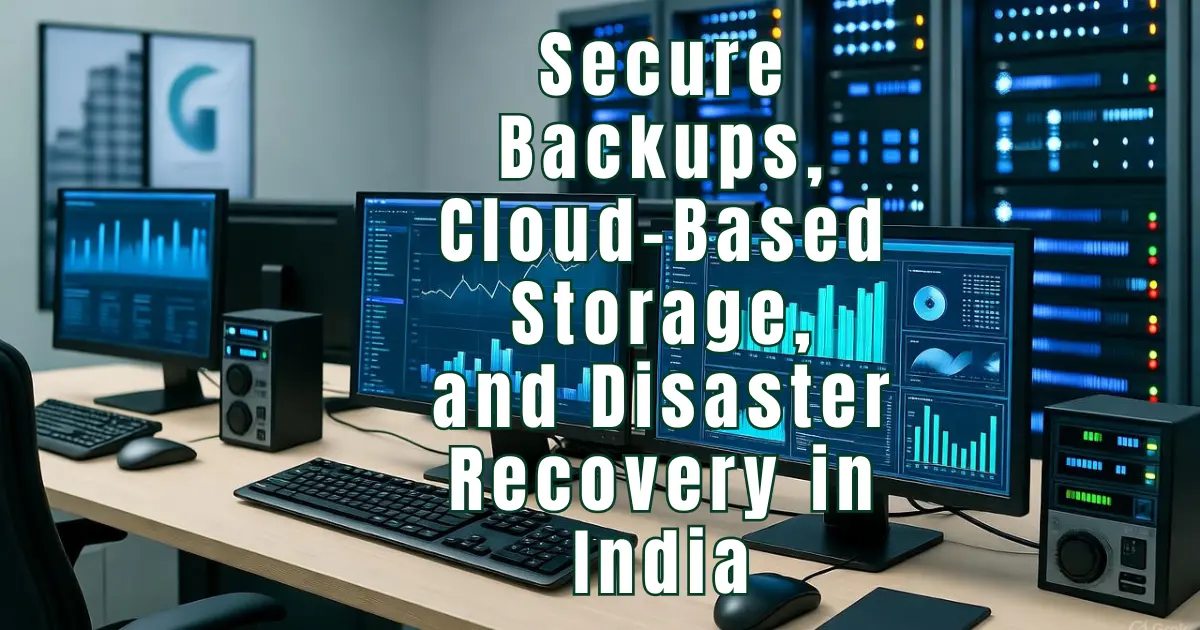

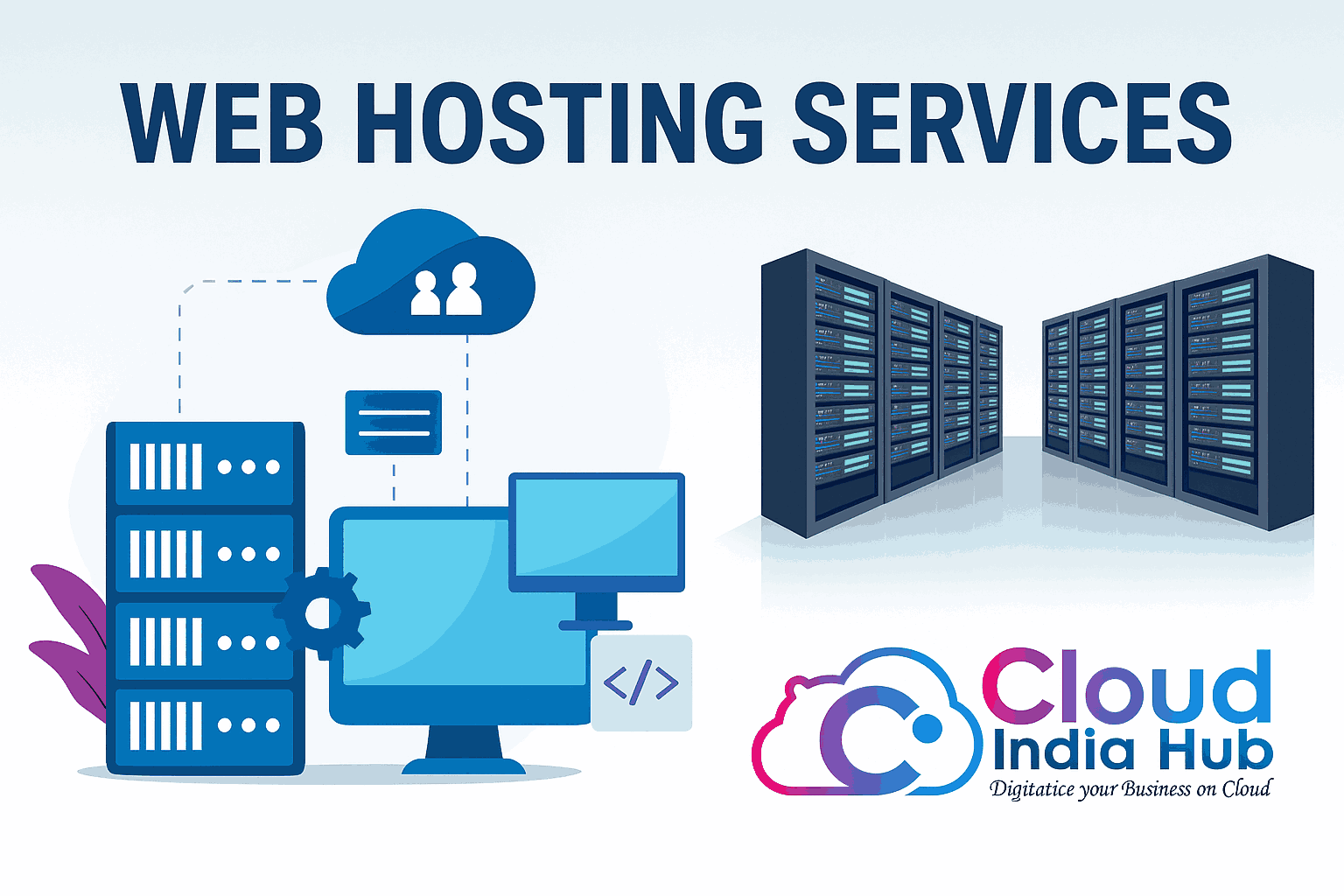
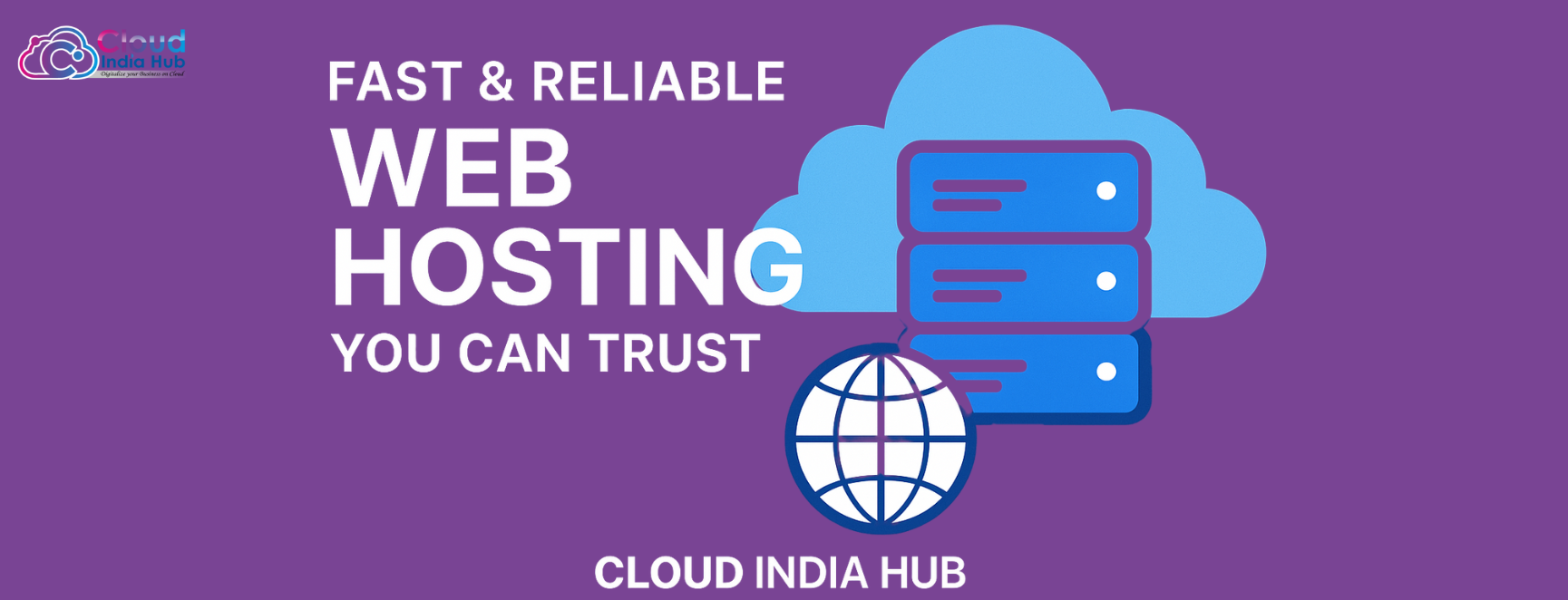














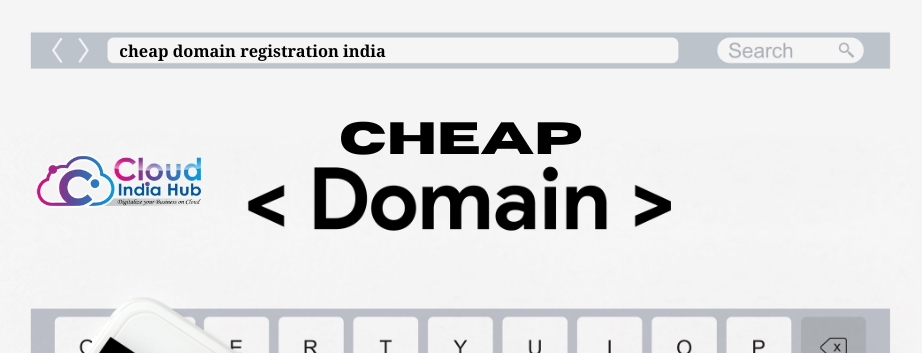




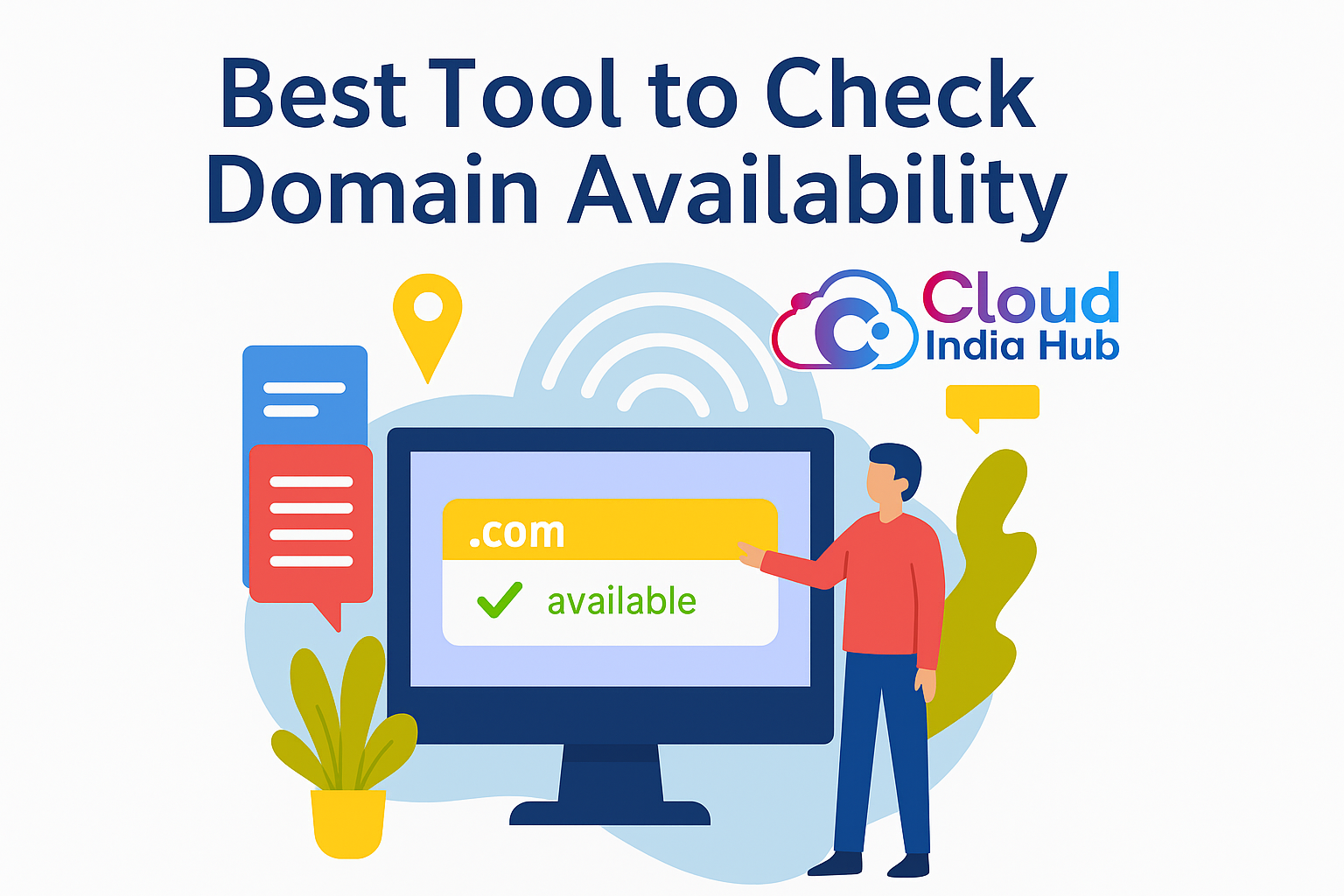



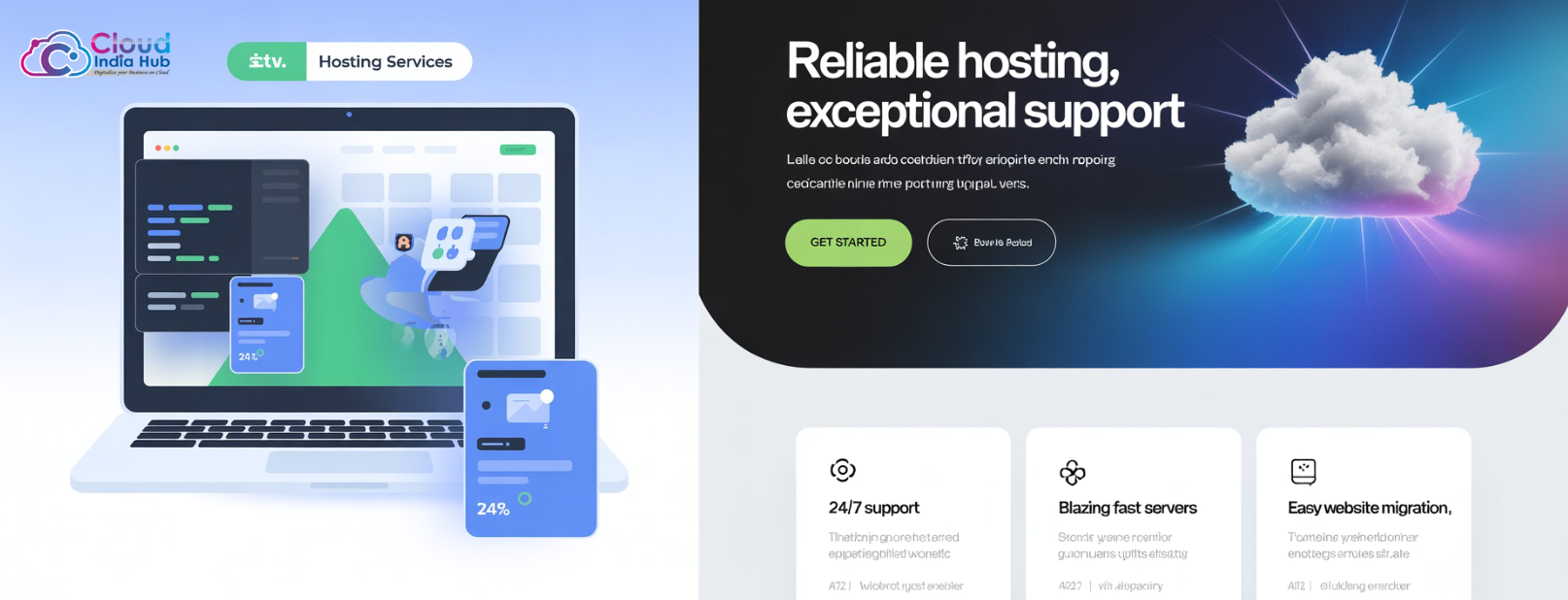

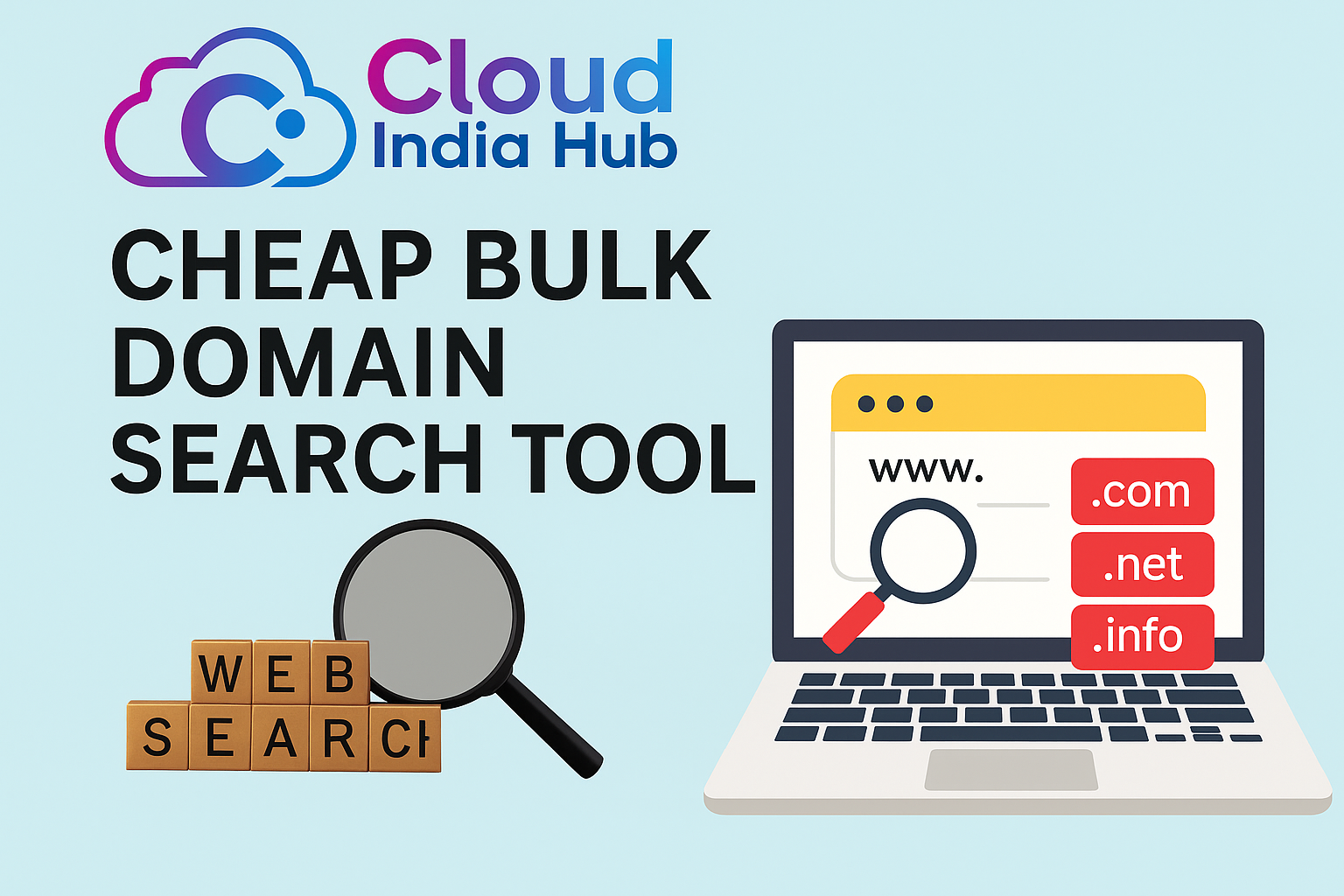











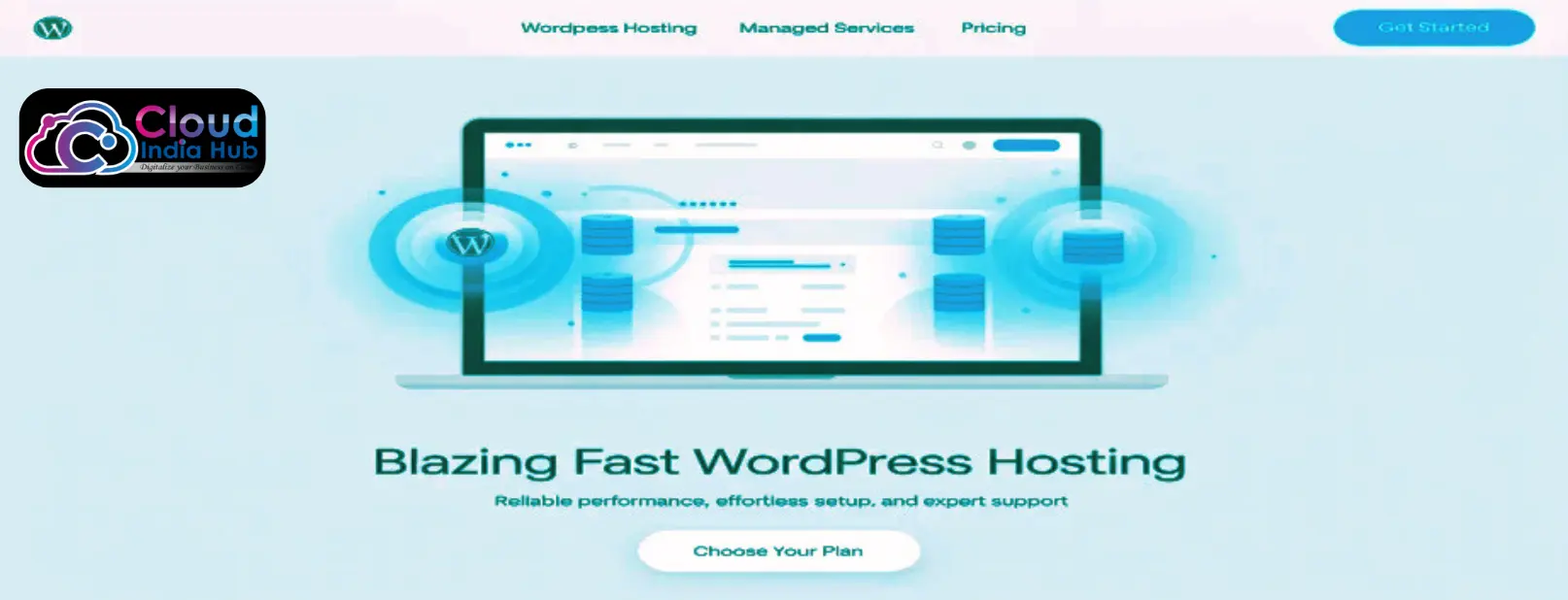

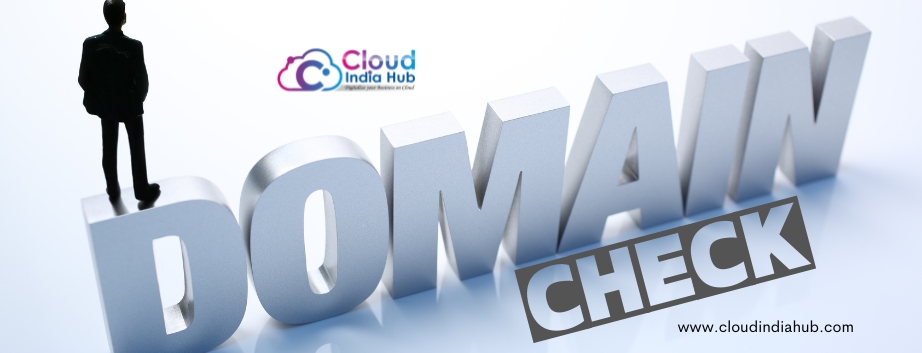



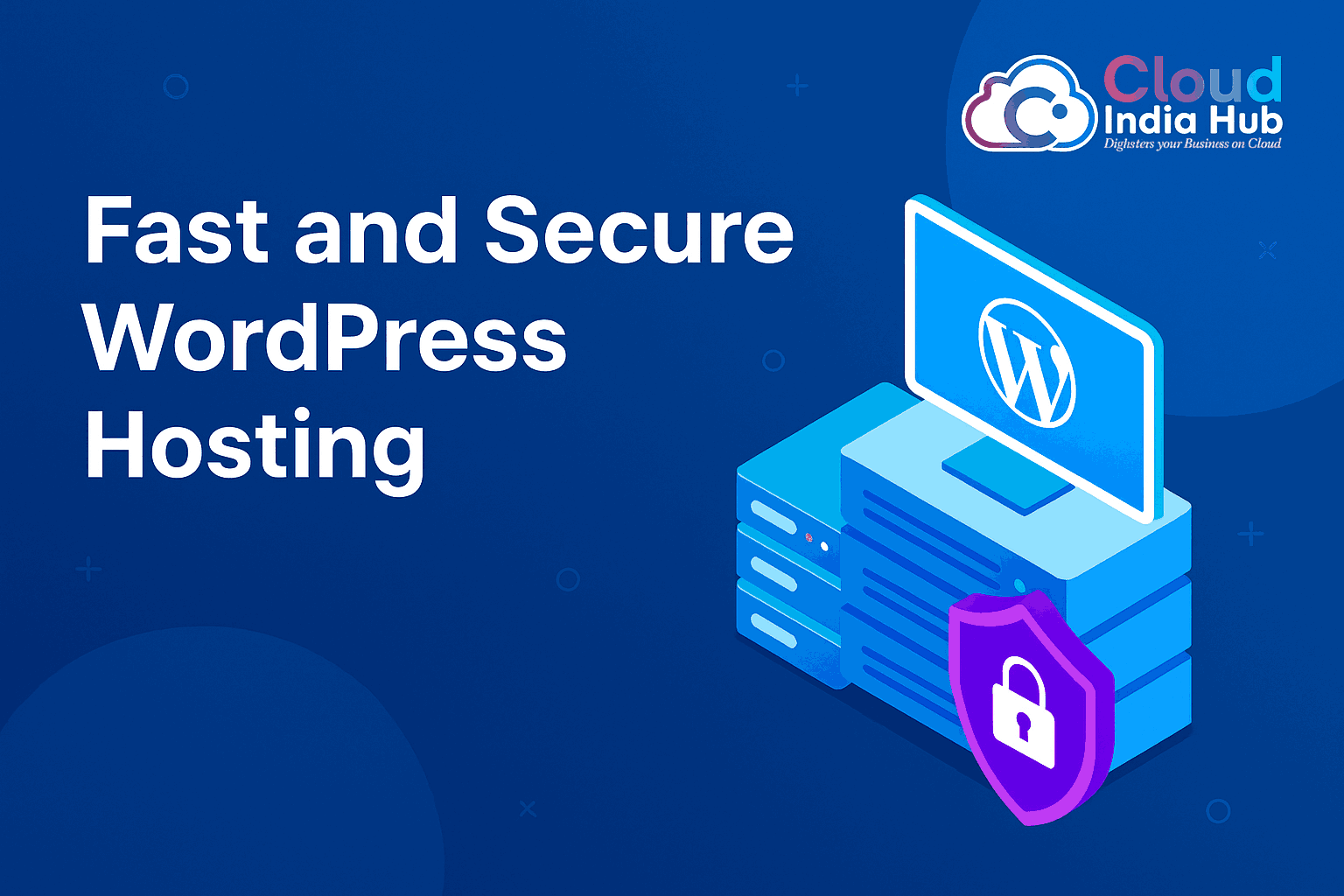

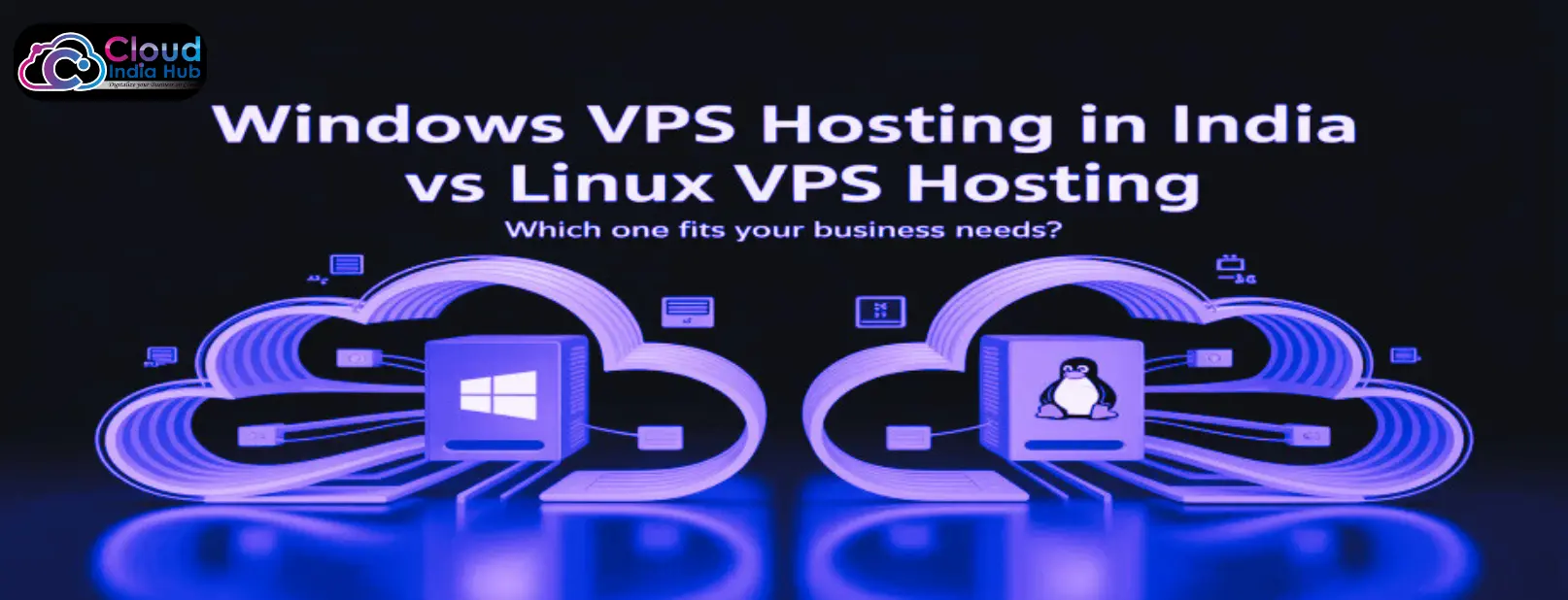


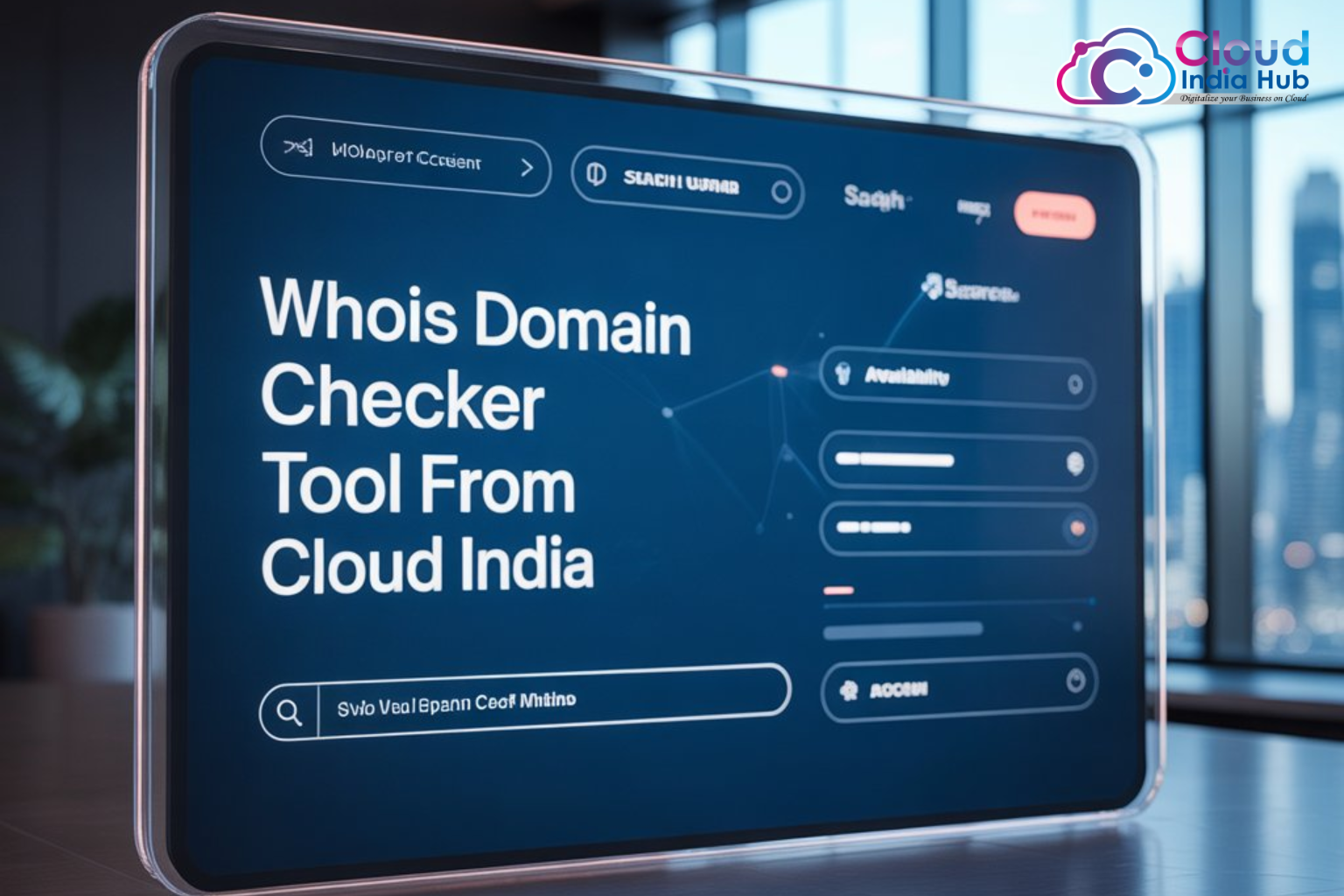
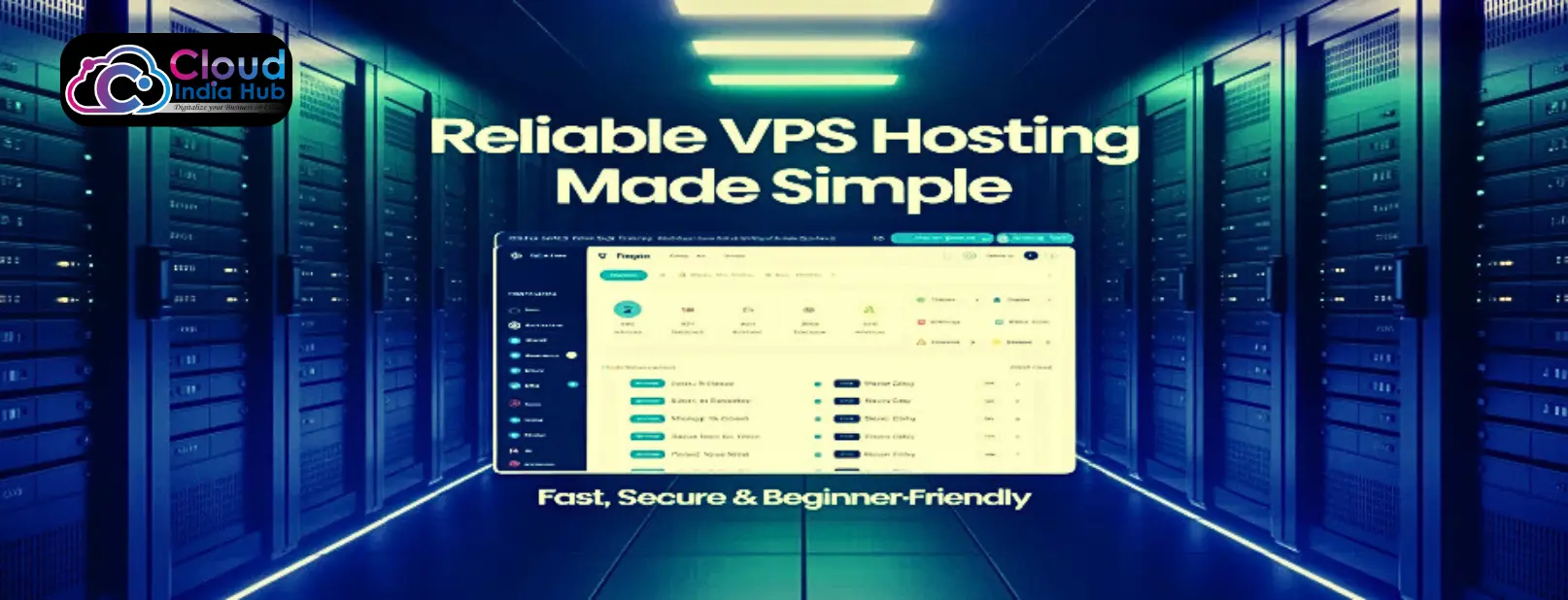


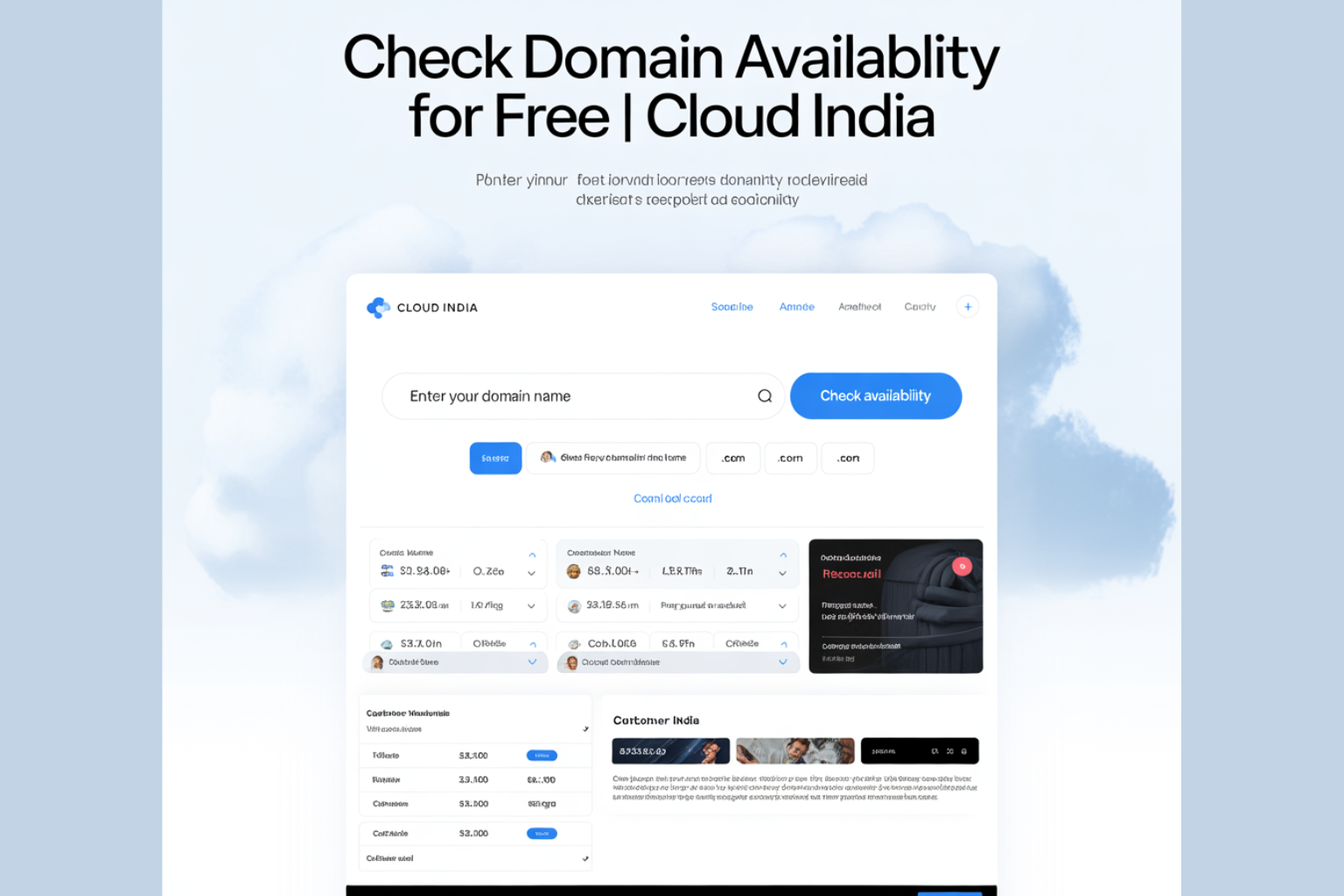








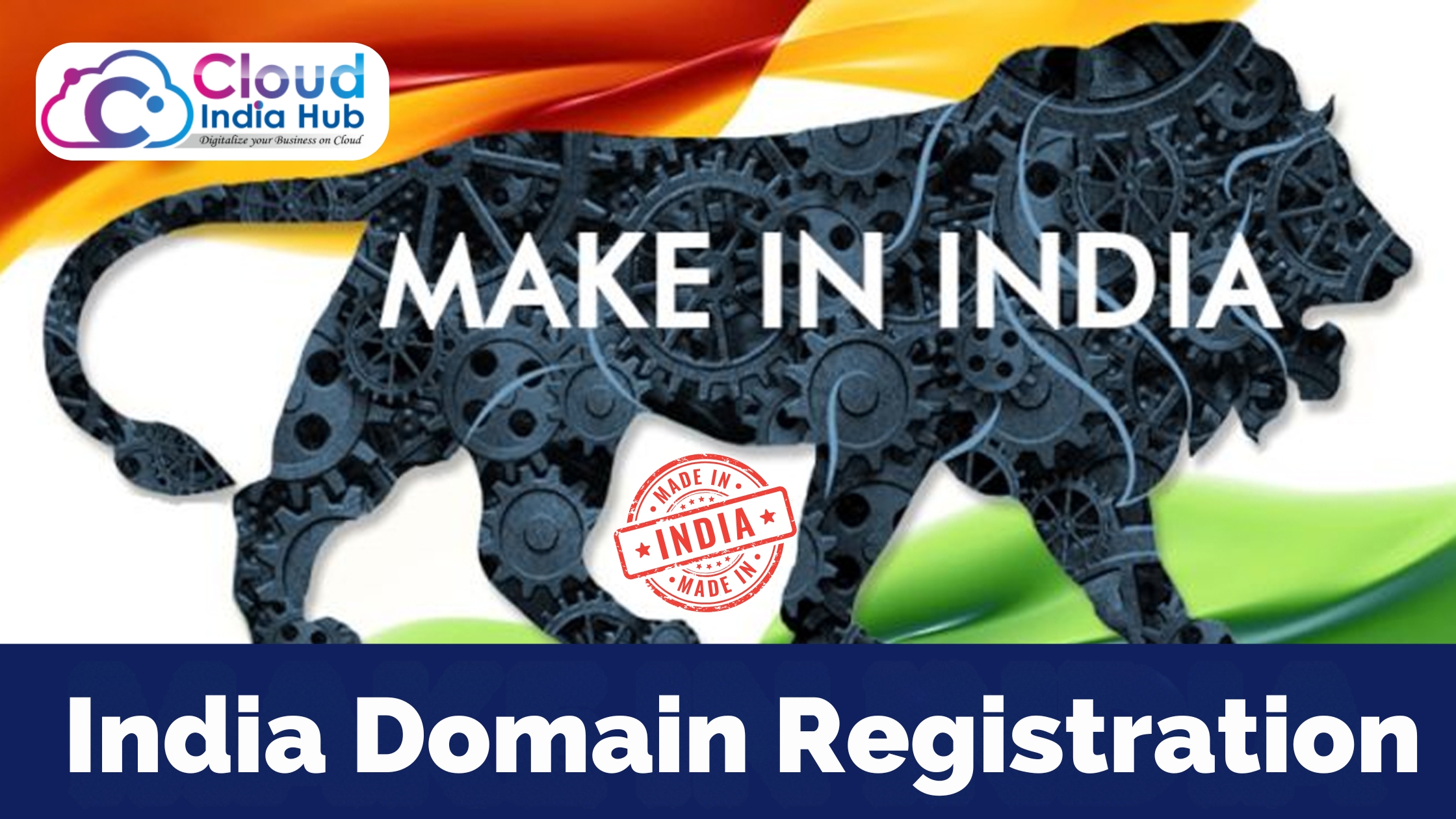


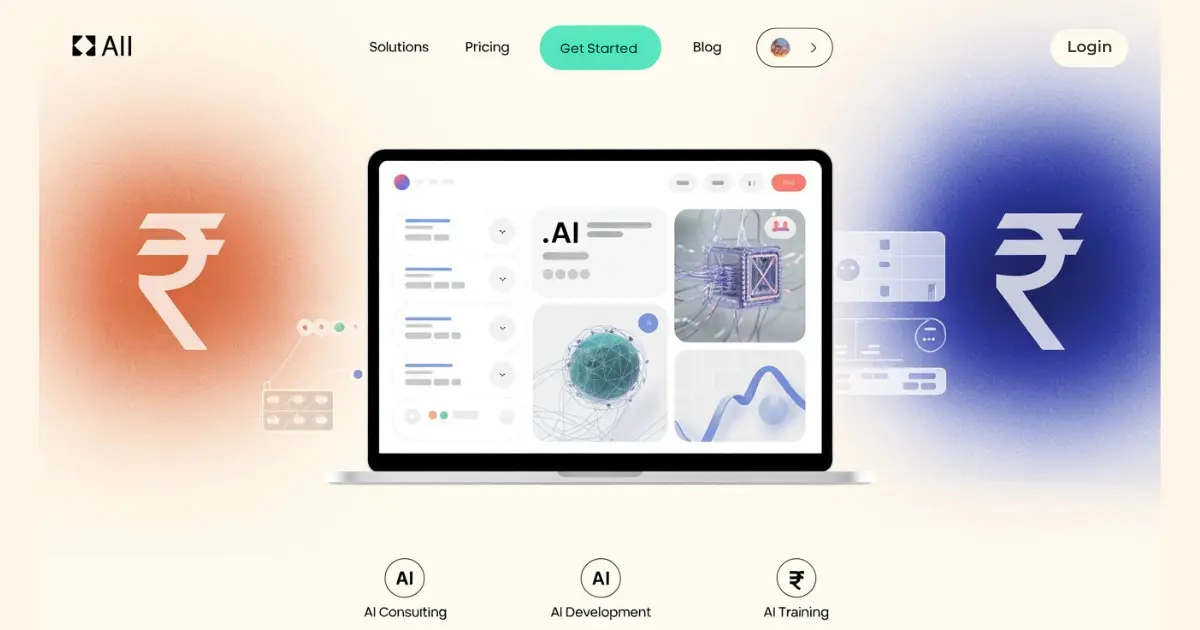


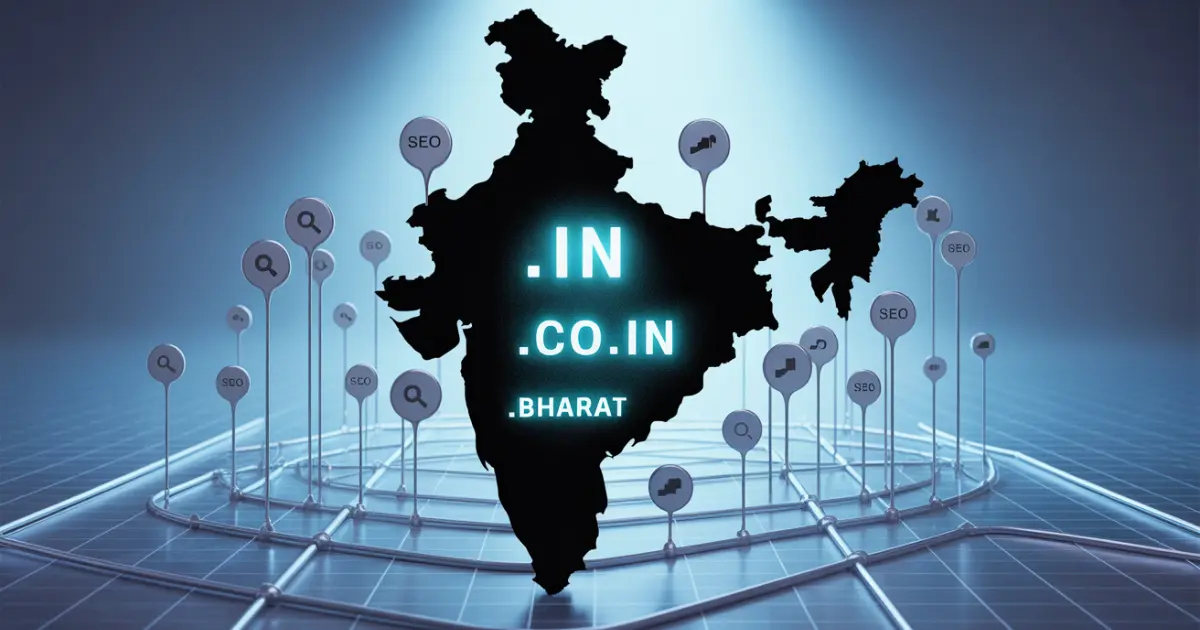













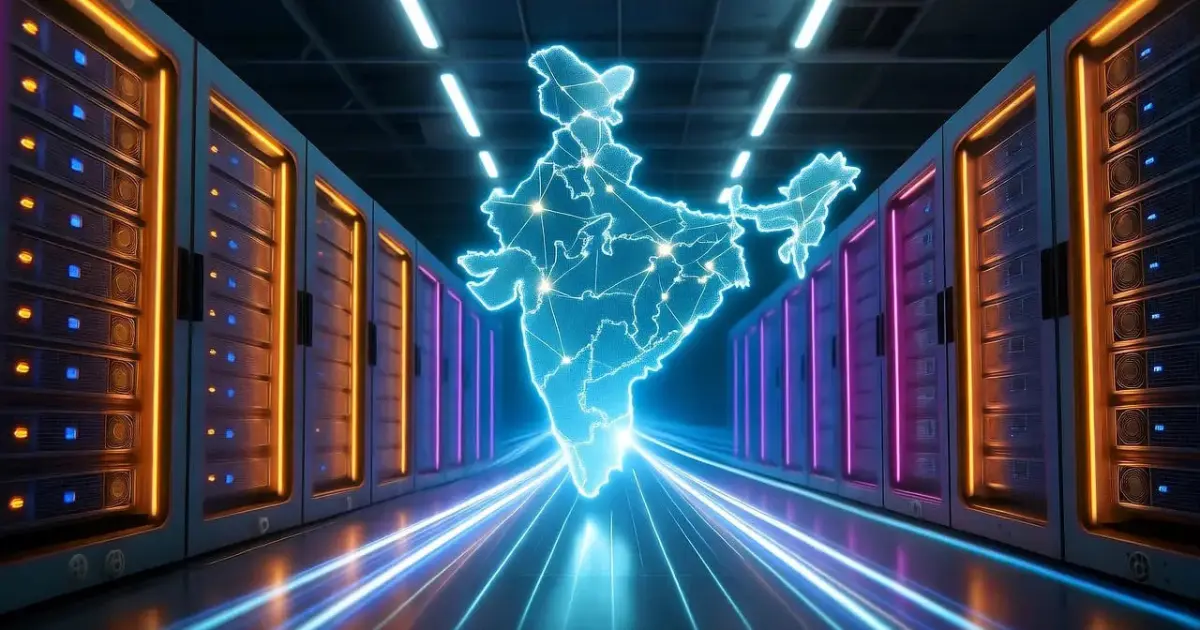





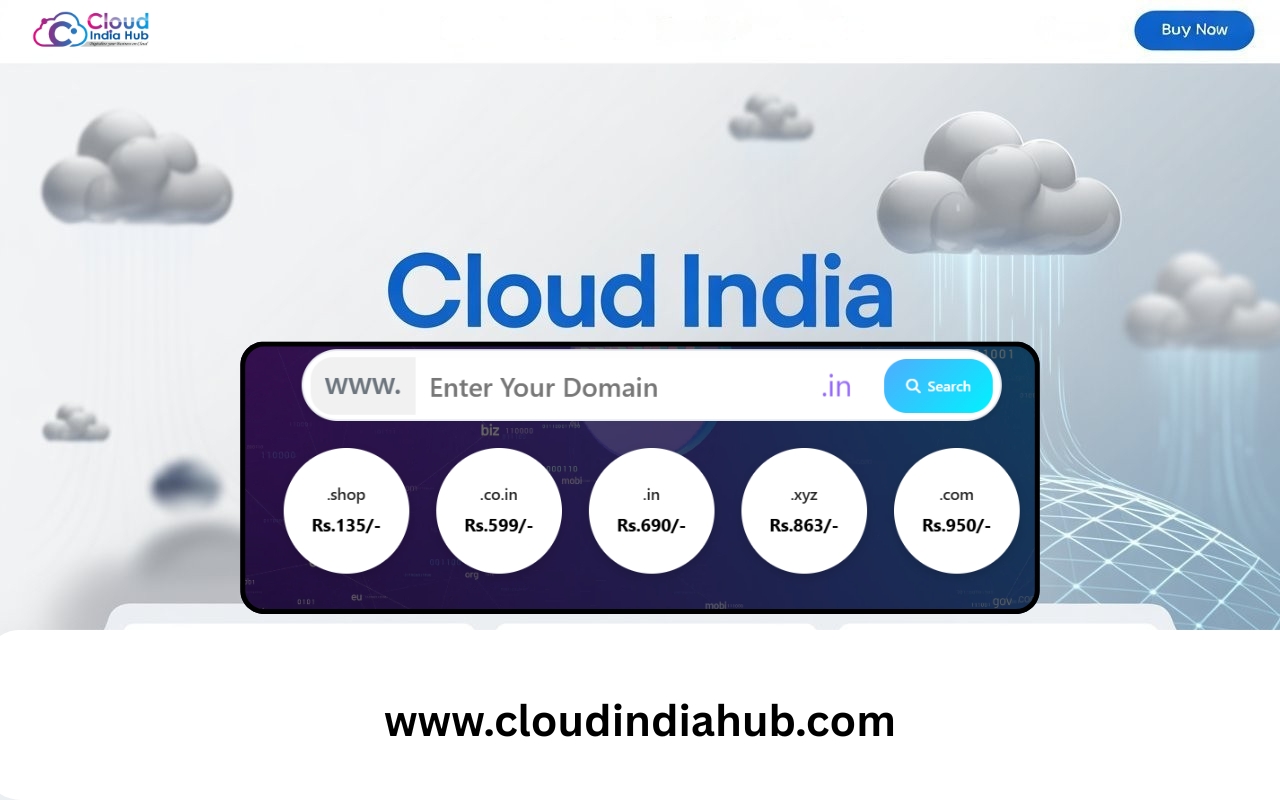




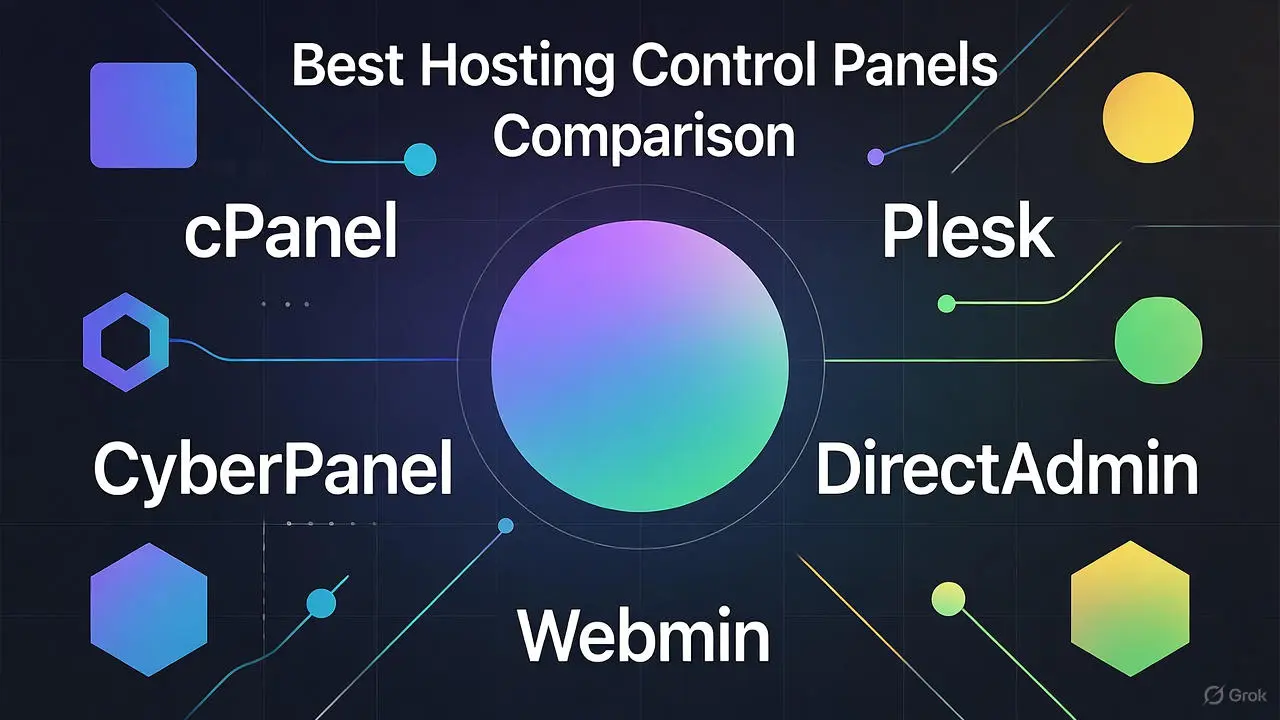


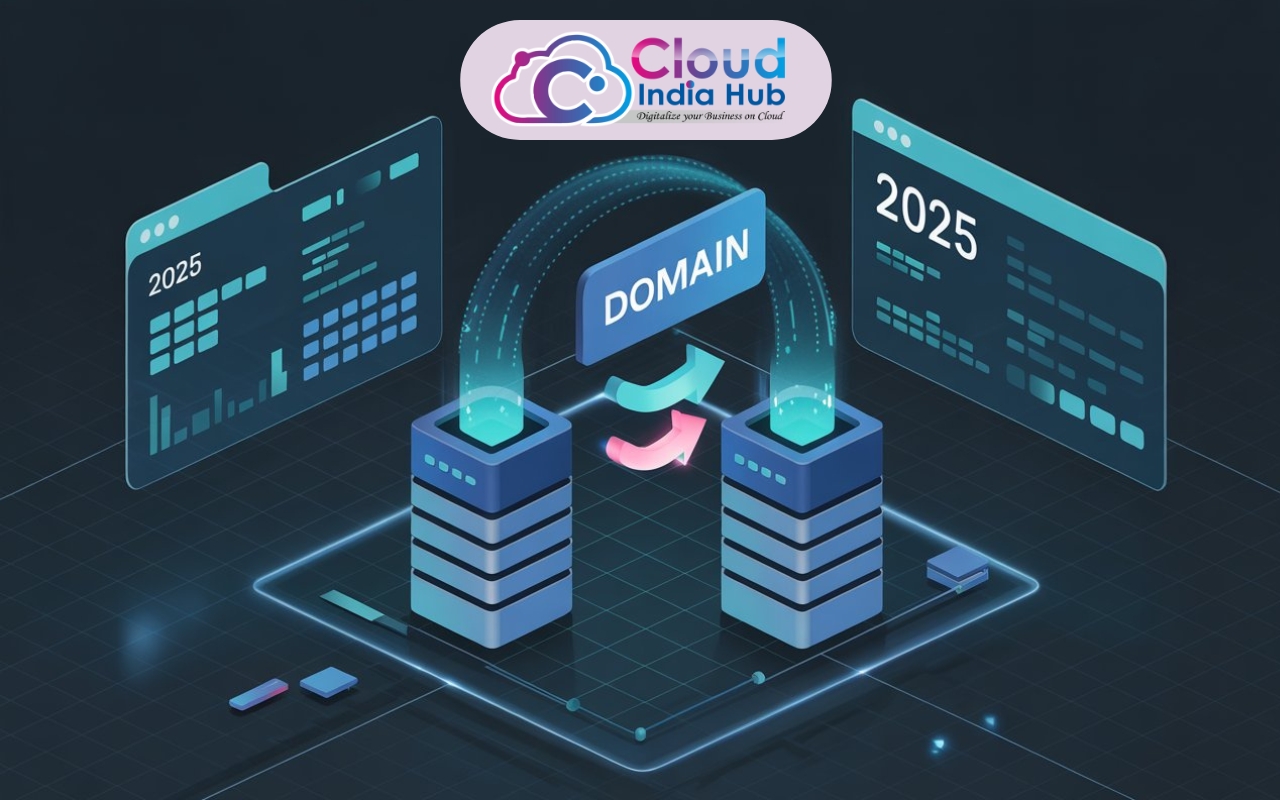


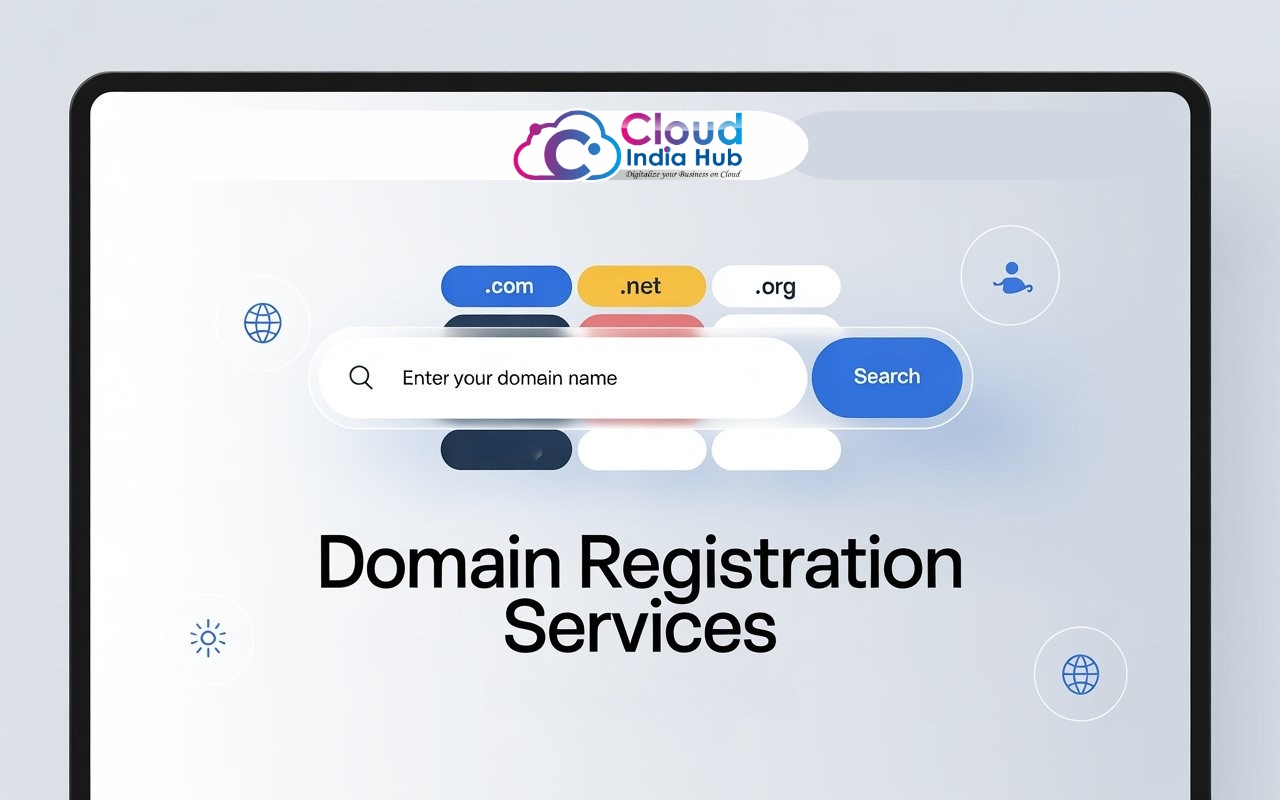

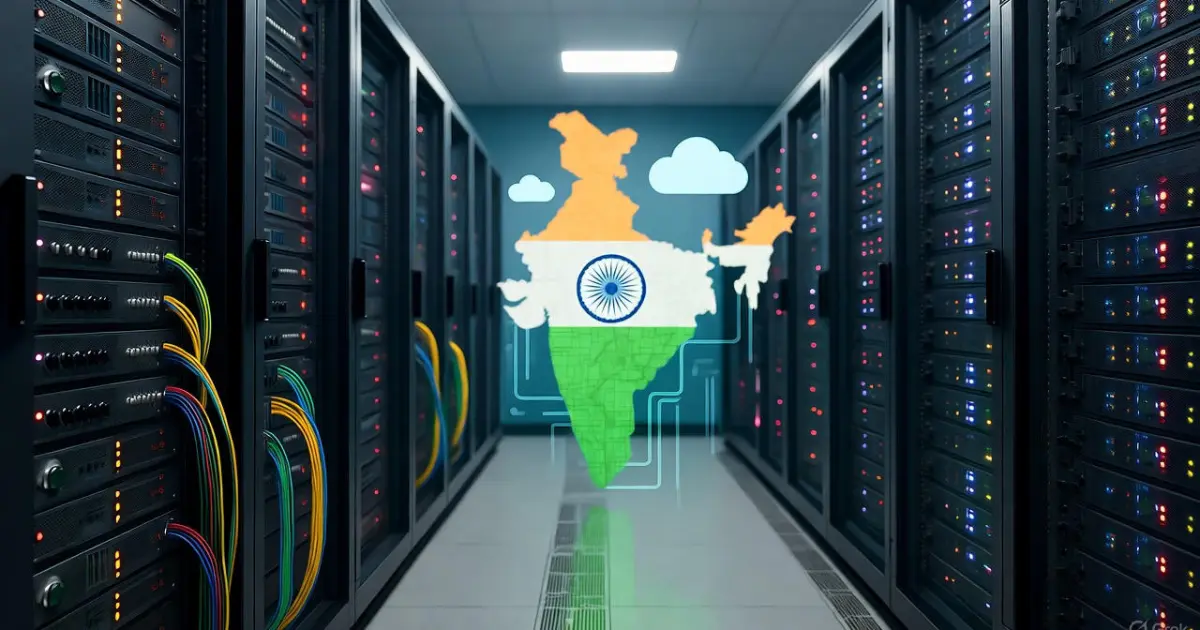





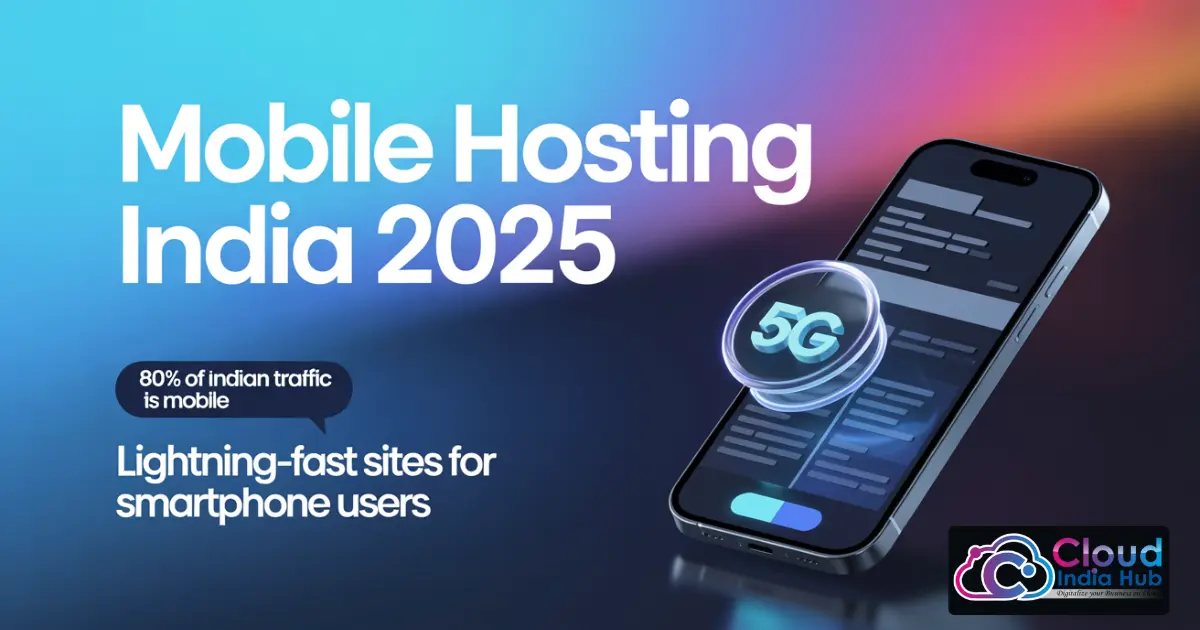








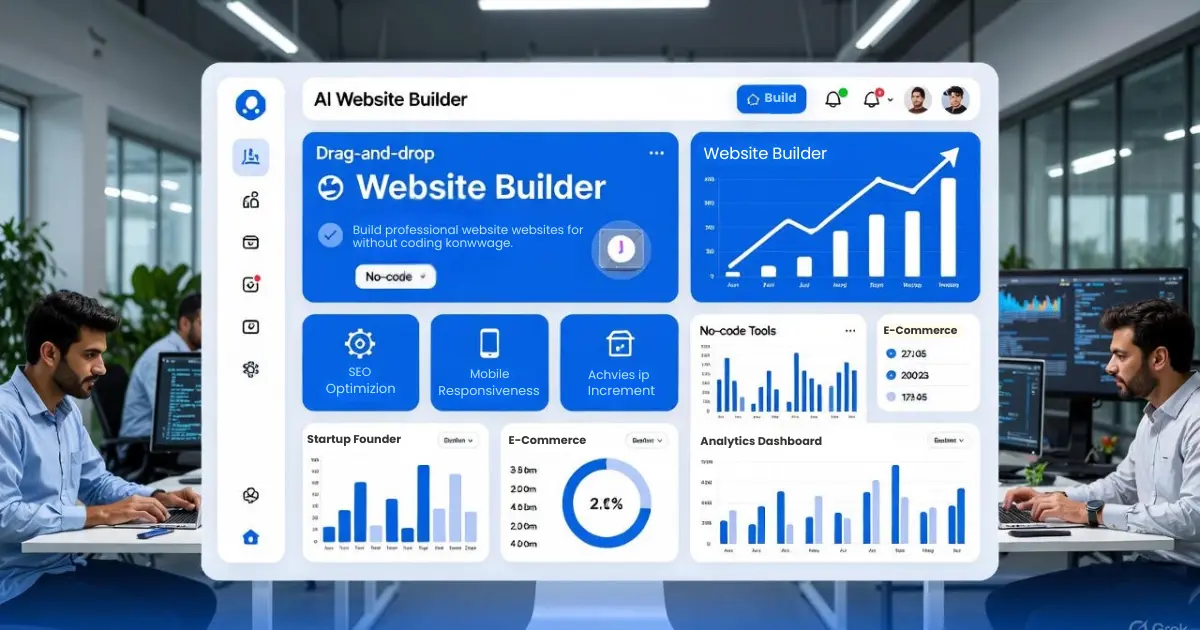
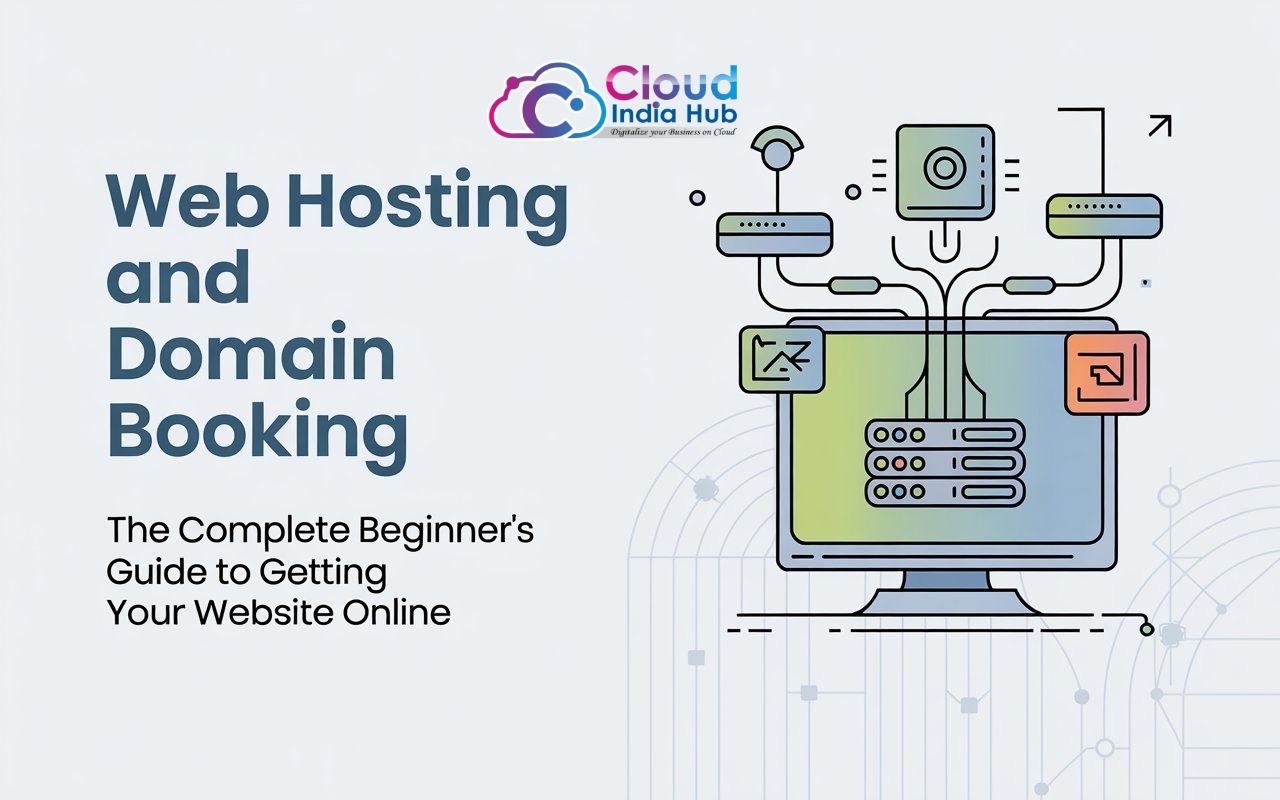



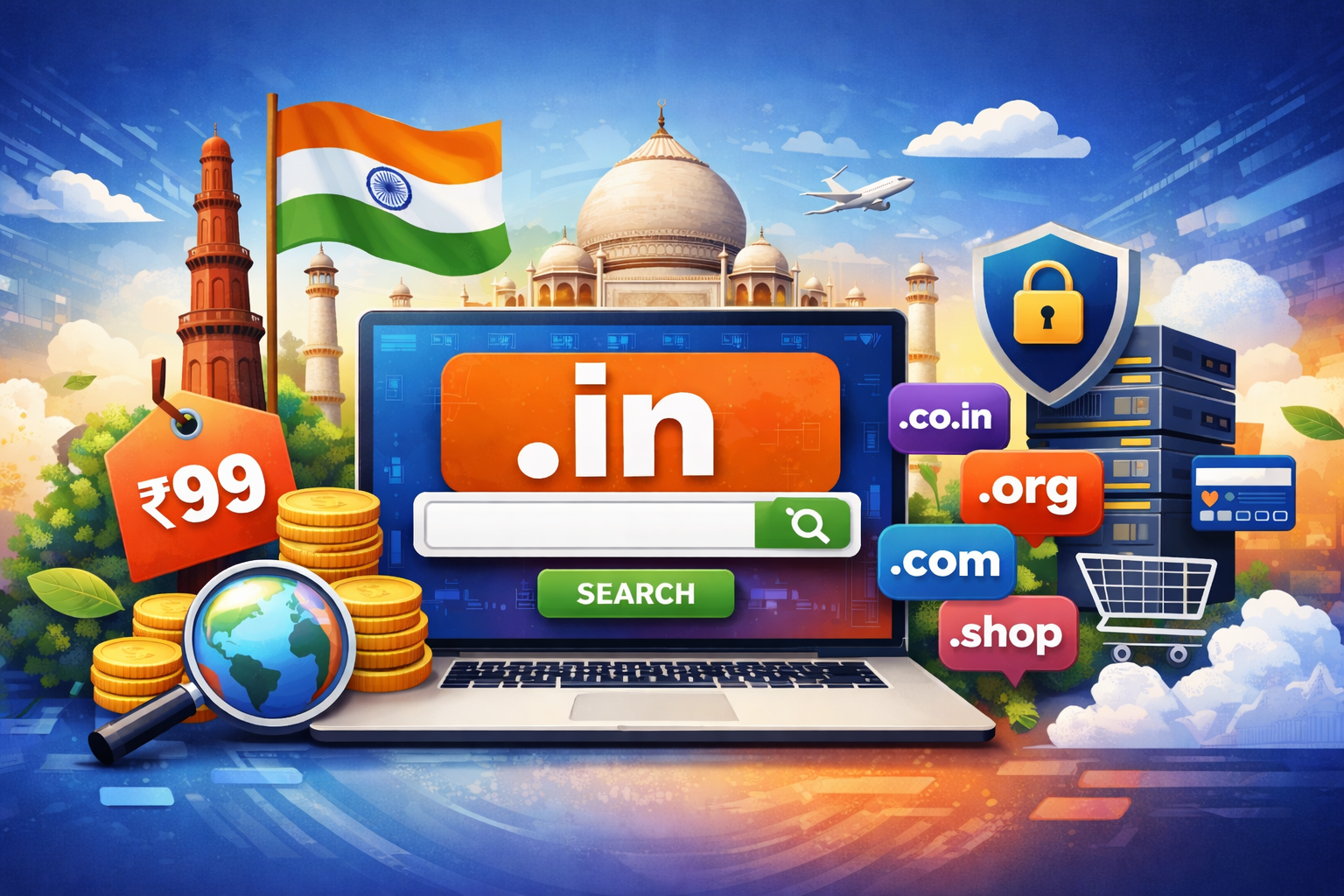







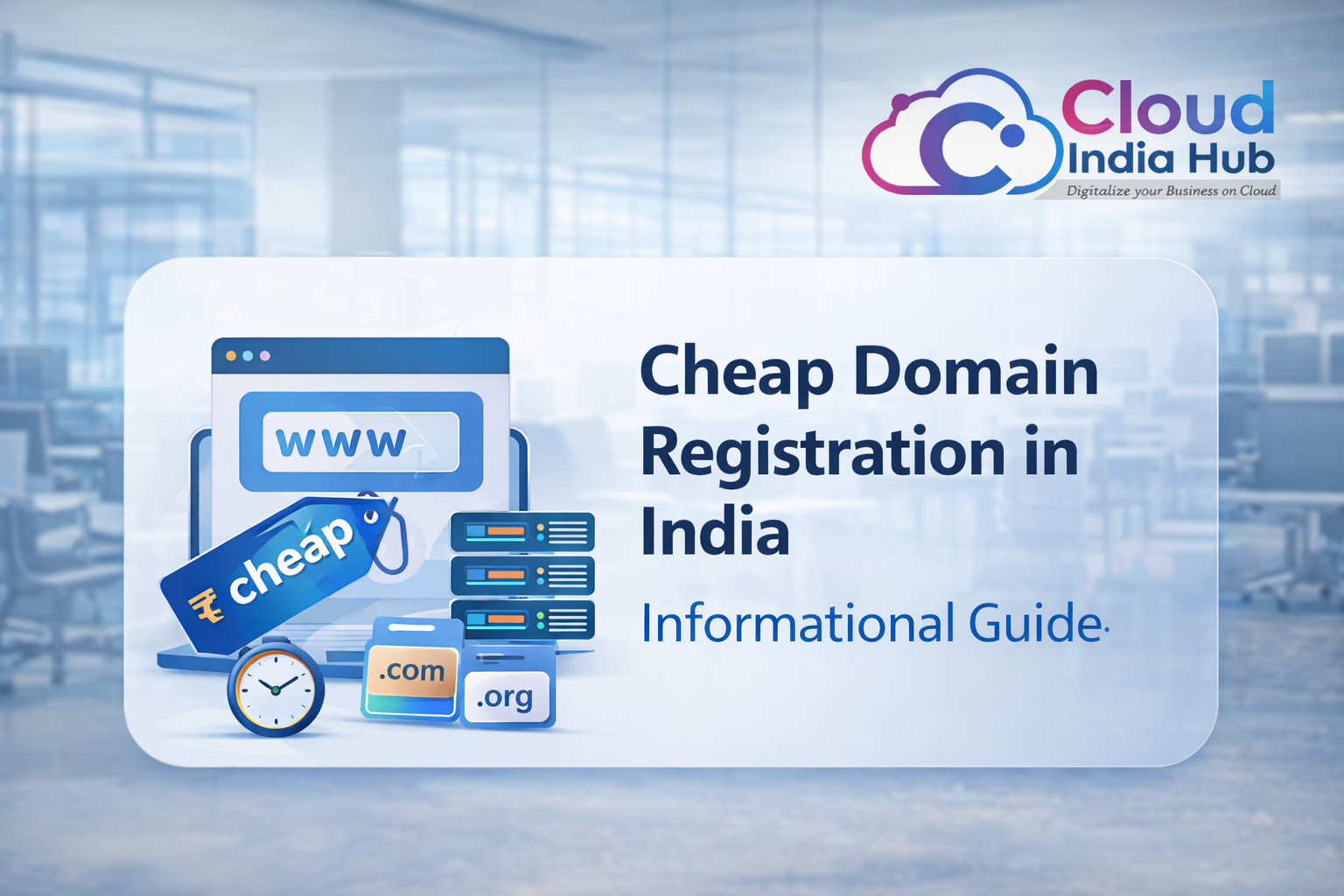


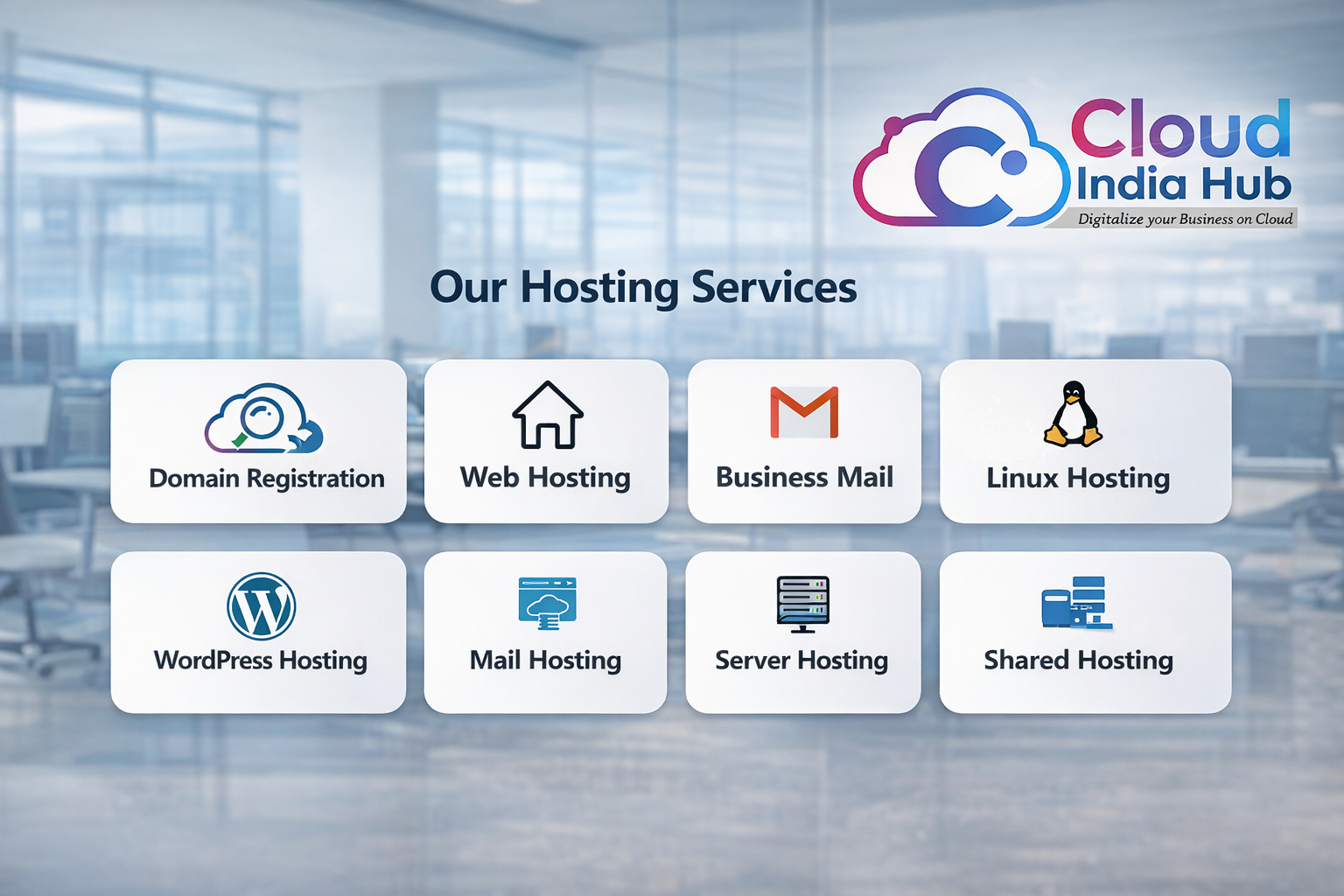












Leave A Comment